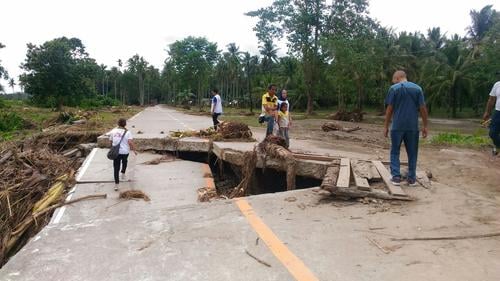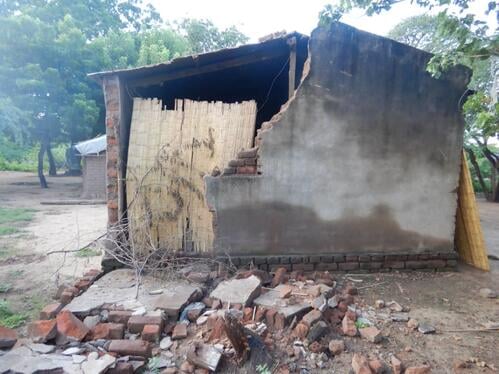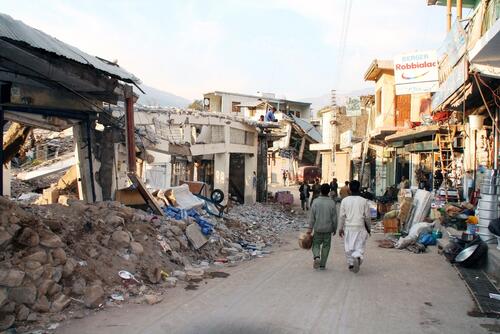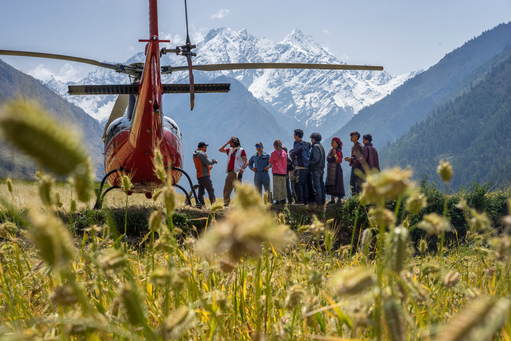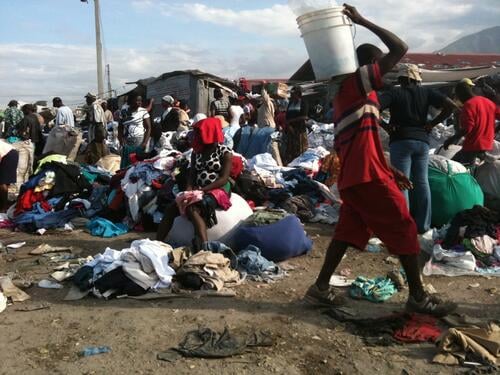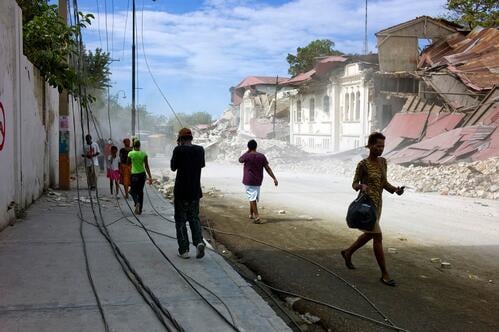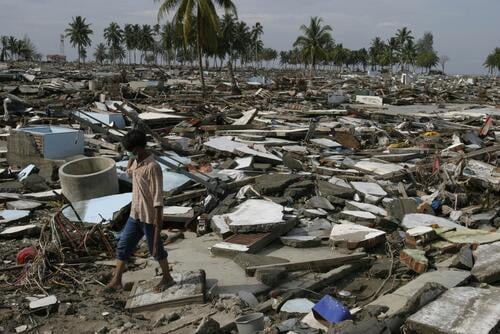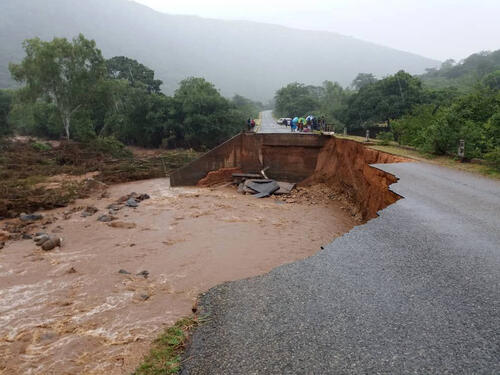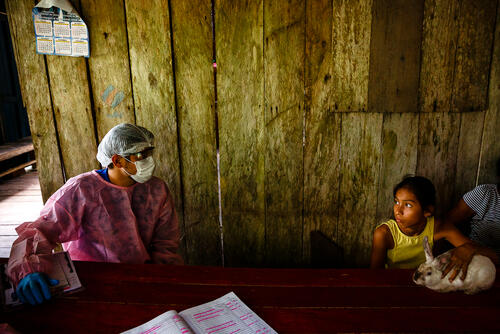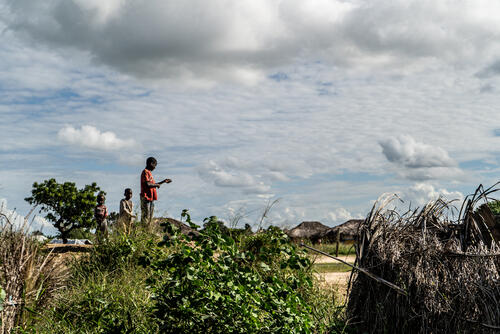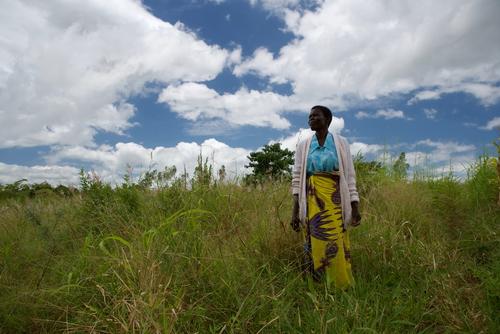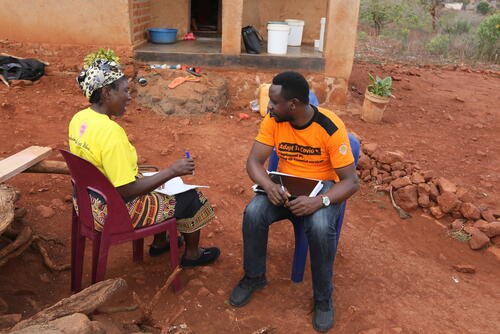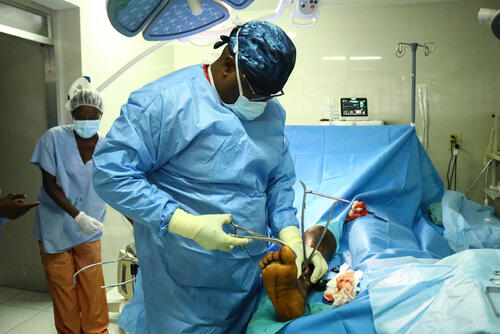Within a matter of minutes, natural hazards can affect the lives of tens of thousands of people. Hundreds or even thousands of people can be injured, homes and livelihoods destroyed. Access to clean water, healthcare services and transport can also be disrupted. The impact of each event varies greatly and our response must adapt to each situation.
Needs must be quickly identified, but accessing a disaster zone can be complex when roads are cut off. The first responders are people already on-site: community members, local authorities and aid organisations already present.
We keep pre-packaged kits to deploy for rapid relief and life-saving assistance. With projects in over 70 countries, we often have aid workers nearby when a disaster strikes. They can be reinforced with additional teams if a larger response is needed.
Featured

MSF at the India earthquake - 2001

MSF at the El Salvador earthquake - 2001

Tonnage brought to India represents largest 'fly-in' response by MSF

Second major earthquake strikes El Salvador

MSF develops local counsellors for mental health programme





